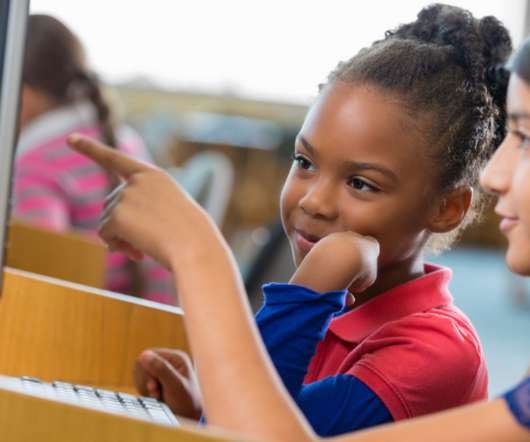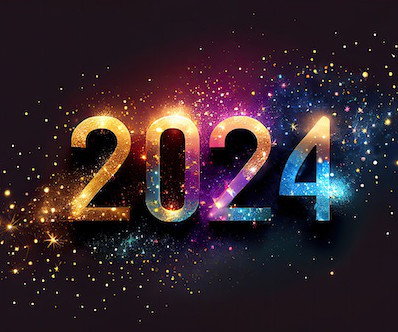Essential Guide to Digital Citizenship for CIPA and E-Rate
Graphite Blog
SEPTEMBER 22, 2020
But complying with the Children's Internet Protection Act (CIPA) -- a requirement of E-rate -- doesn't have to be. What does E-rate have to do with digital citizenship? Check out these helpful resources for more information: FCC guide to learn more about the E-rate Eligible Services List for Funding Year 2020.















Let's personalize your content